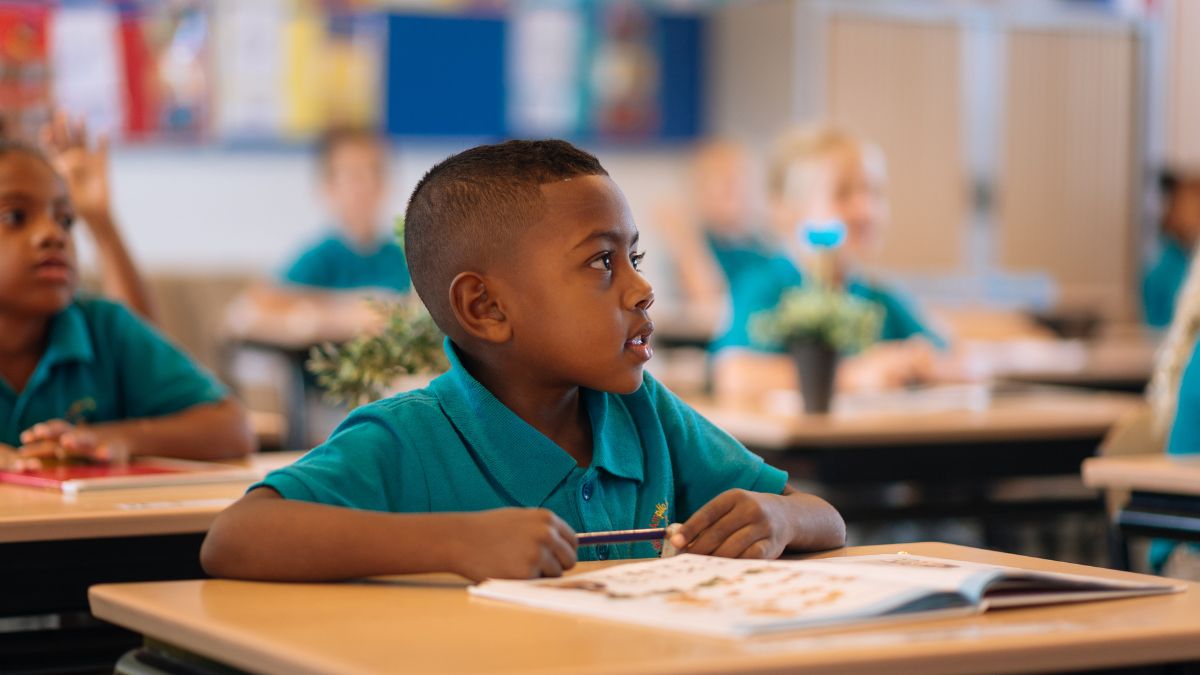In partnership with the Ada S. McKinley Community Services, the Mayor’s Office for People with Disabilities (MOPD) urges Chicago families of K-12 students with disabilities to apply for the final round of grant funding through the Diverse Learners Recovery Fund for Students With Disabilities.
The funds, which come from the American Rescue Plan Act (ARPA) are part of Mayor Brandon Johnson’s Road to Recovery Plan, provide one-time cash grants of $500 to students with disabilities who were disproportionately impacted by the COVID-19 pandemic.
“We are ready to support more students with disabilities and families apply for the cash
assistance program and are already seeing a positive impact on the lives of students and
families who received payment,” said Commissioner Rachel Arfa, Mayor’s Office for People with Disabilities. “This is part of our commitment to serve youth with Chicago, including youth with disabilities.”
The Diverse Learners Recovery Fund offers the chance to apply for a one-time cash grant of
$500 (or up to $1,000 for a maximum of two students per household) to Chicago families of K- 12 students with disabilities, a population disproportionately affected by the COVID-19 pandemic. The Diverse Learners grants can be used for any purpose – there are no requirements for how families spend the grant money. Through this fund, the City of Chicago supports our City’s community of students with disabilities.
The deadline to apply is November 15, 2024. Applications are being accepted at https://www.adamopd.com/. Technical assistance for parents or guardians is available through the following methods:
- Attend a community outreach event. View our Event Calendar for dates for in-person or virtual help
- Email MOPD@adasmckinley.org
- Call the Diverse Learners Fund at (312) 561-6965
To qualify for the one-time grants, families must reside in Chicago, have a total household income less than or equal to 300% of the federal poverty level and have legal guardianship over a Chicago student enrolled in K-12 grade who has a disability. Submitting an eligible application does not guarantee you will receive the funds.
“By extending the application deadline to November 15, we’re considering the fact that school is now in full swing,” said Jamal Malone, CEO of Ada S. McKinley Community Services. “Parent/teacher conferences are coming up and we know families typically learn about these opportunities when visiting their local schools. We are also hosting events at local libraries throughout the city where families can receive with 1:1 assistance with their application in-person. We want to make sure this opportunity is accessible to all families who are eligible to receive these $500 diverse learner grants (up to $1,000 per household).”
How Families Are Using The Funds
Parents who have already received Diverse Learner’s Recovery Funds told us the grants covered costs of school supplies, tutoring, assistive technology, groceries and other household essentials.
Miriam Otero, who has two children who qualified for the grants, and Mary Alarcon expressed their gratitude for the Diverse Learners Recovery Fund.
“I have two small children, and the only source of income is SSI. I used the money to buy groceries and for transportation to get my daughter to school and back home. I am very thankful for this assistance,” said Miriam Otero.
“As a mother of seven children, three of whom have IEPs and autism, I was facing significant hardship, struggling to provide food and school supplies for my family,” said Mary Alarcon. “When I received the grant, I was able to buy school supplies for all seven children and $200 worth of food, which made a huge difference for us. Although I don’t like to share our financial struggles with my children, I could see their happiness when I got them the supplies they needed for school. The grant was a blessing, and it gave us access to resources that had been out of reach.”
Ada S. McKinley Community Services and the Chicago Mayor’s Office for People with Disabilities are committed to continuing their efforts to support diverse learners and their families.



